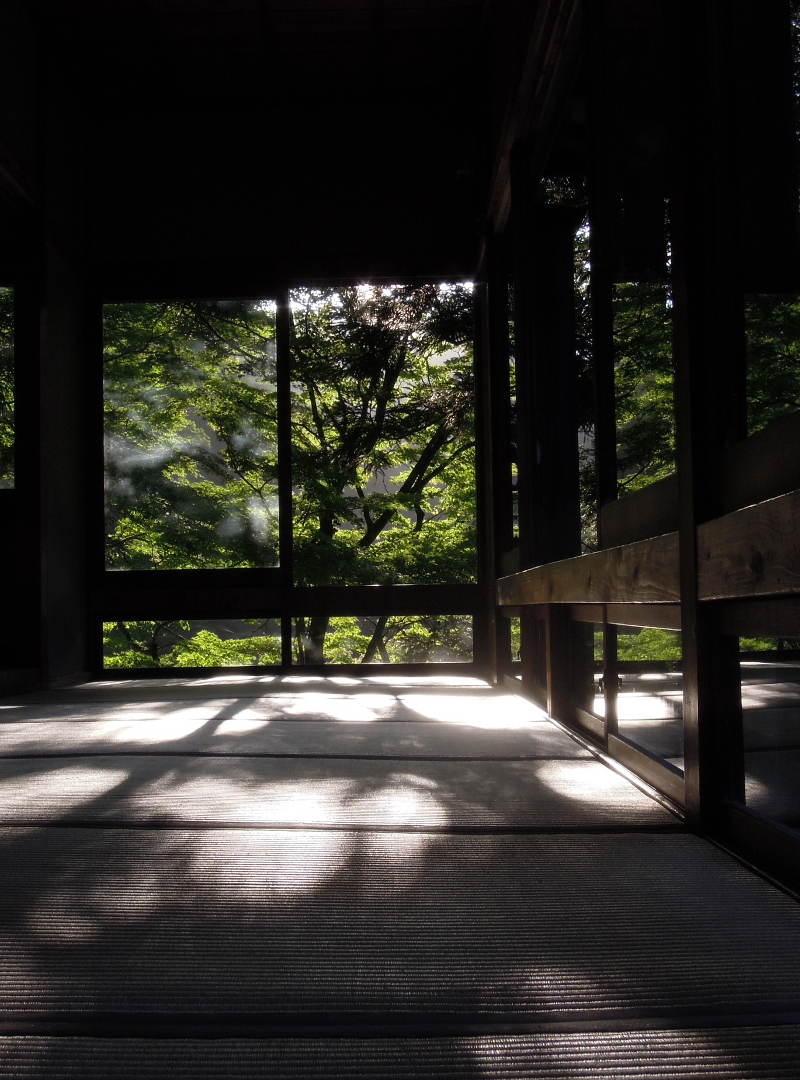This July, the new Godzilla movie “Godzilla Resurgence” will be released. It is directed by none other than Hideaki Anno (“Evangelion” series), whose enthusiasm for special effects in monster movies is unparalleled. In this new trailer, one can see that the creators of the film are not pulling any punches. This is not a peek-a-boo marketing of Del Toro’s Godzilla. We all can see what we can expect.
However, I feel a little uneasy about this trailer. It’s the music. Maybe this is not the fully-developed version we will hear in the final film. I hope so. Because, at this point, the dynamics of the soundtrack is very thin and the music doesn’t make my blood boil. Strings and rhythmic thumps sound like an output from Cubase or something. Maybe I am so accustomed to Akira Ifukube’s enormous dynamism of the 1954 original. It is the masterpiece of Japanese film music, and it may be unfair to compare anything to that utterly devastating sound.
Theme (Excerpt) from “Godzilla (1954)”, composed by Akira Ifukube
Certainly, Akira Ifukube has been and still is known for Godzilla’s theme. But, as any Japanese film aficionado knows, he has composed incredible numbers of film music from 1947 to 1991, counting more than 200 films. Most of them are forgotten, until you see the film’s credits. One of my favorite is the music for “Snow Trail (1947, dir. Senkichi Taniguchi)”. Its impressionist piano interlude is unforgettable.
Piano Interlude (Excerpt) from “Snow Trail (1947)”, composed by Akira Ifukube
Even though his music had been omnipresent in domestic film music scene, his works were rarely taken seriously by mainstream music critics and academics until 1990’s. When his “Japanese Rhapsody (1935)” appeared in concert programs during ’90s, Ifukube once remarked “maybe classical music people in Japan didn’t like my music, until now”. “Japanese Rhapsody” is considered one of the most seminal works not only among Ifukube’s professional output, but also in the history of Japanese contemporary music. It won the first prize in contest for young composers presented by Alexander Tcherepnin in Paris. It was one of the earliest attempt to integrate Japanese folk music into a western music setting. His penchant toward big loud beats is already there.
However, as Ifukube said, Japanese music scene, especially ‘high-art’ musical compositions, has followed a thorny path, the path made even thornier by, first, politics, then capitalism. It is true that this grim condition is rather universal and global today, but Japanese music and musicians have been particularly vulnerable and still they are. Against this background, we have artists like Fumio Hayasaka (“Rashomon (1950, dir. Akira Kurosawa)”), Toshiro Mayuzumi (“Street of Shame (1956, dir. Kenji Mizoguchi)”), Yasushi Akutagawa (“Fires on the Plain (1959, dir. Kon Ichikawa)”), Toru Takemitsu (“Woman in the Dunes (1964, dir. Hiroshi Teshigawara)) and others.
I have been thinking this history of modern Japanese music lately, particularly in the context of film music. I was thinking writing up one integrated piece on the subject, but I decided against it. It is too vast. I have such a limited knowledge at this point. Instead, I decided to write a shorter pieces from time to time, each of them may be related loosely one another. Some of them are not about Japanese film, but comparing, say German musical films of ’30s with some of the contemporary Japanese works, will give us some light about the conditions and, moreover, confusions among domestic art scene caused by the politics and society.
Second Movement (Excerpt) from “Sinfonia Tapkaara (1954/1979)”, composed by Akira Ifukube,
Tokyo Philharmonic Orchestra, cond. Kaoru Wada
And Ifukube will be one of the most vital players and designers of the House of Leaves in infinite dimensions.
Godzilla (1954) and Snow Trail (1947) excerpts are from original film soundtrack. This version of “Sinfonia Tapkaara” may be available from Amazon Japan or iTunes (Japan).
Copyrighted materials, if any, on this web page are included as “fair use”. These are used for the purpose of research, review or critical analysis, and will be removed at the request of copyright owner(s).

